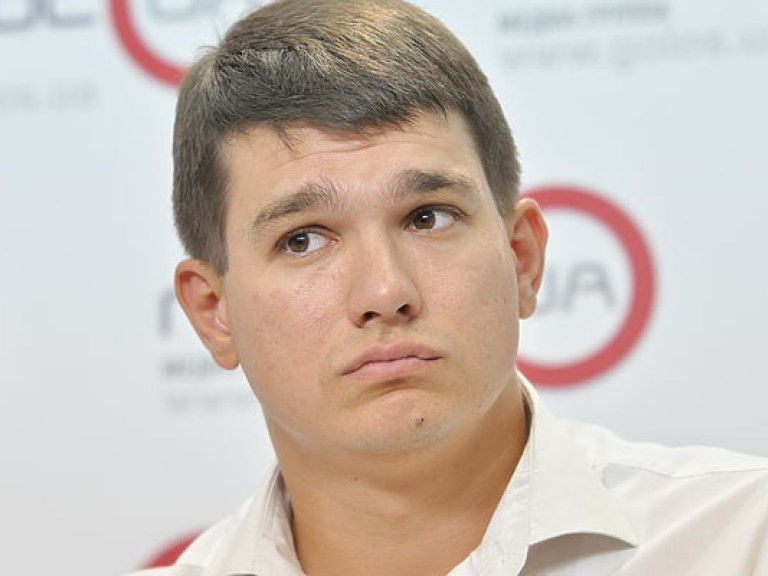A law enforcement officer does not need to prove the guilt of a possible offender.
Viktor Medvid, director of William Invest Expert consulting company, said this at a press conference at the GolosUA news agency.
"Evidence of an intoxication offense is disproportionate to the amount of money being fined, or criminal liability, and so on. It turns out that there is a presumption of guilt. In essence, a law enforcement officer does not need to prove the guilt of this person, but can, by referring to the fact that he or she refused, bring him or her to justice, and this justice is substantial," said Viktor Medvid.
The expert noted that the proof of innocence rests with the driver.
"The procedure of proof should be more clearly spelled out due to the fact that liability is increasing. There should be no presumption of guilt. This is the most important factor. If the legislator increases liability, fine, let's increase liability, but let's think about mechanisms to ensure that the authority is obliged to prove the offense under the law. At the same time, the proof of innocence is on the driver, who in 99 % cases is ignorant of the law," Viktor Medvid said.
